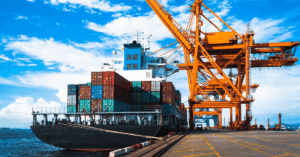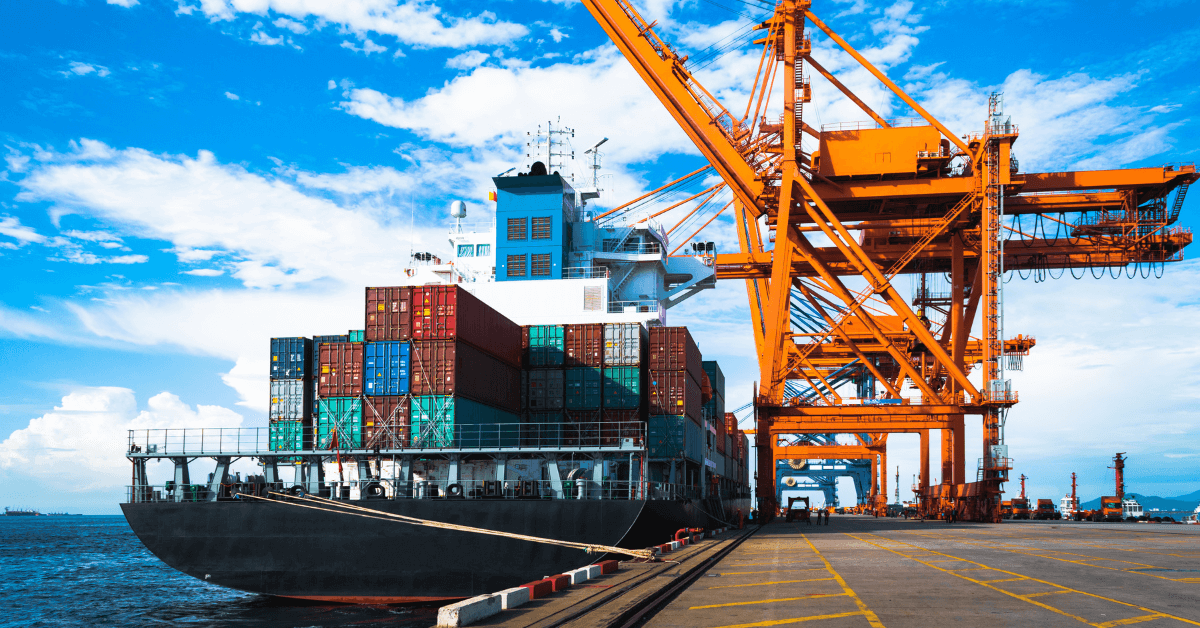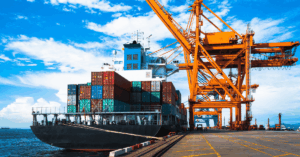
Cargo Ship MN Kostas Sinks Off Crete After Running Aground For A Month
August 22, 2025
Gaza-Bound Ship With 1,200 Tons Of Food Stuck Off Israeli Coast For Over 48 Hours
August 22, 2025

Turkey has barred Israeli-owned or linked vessels from its ports and has demanded written assurances from global shipping agents that ships have no connections to Israel and are not transporting weapons or hazardous cargo.
Shipping sources told international media that port authorities across Turkey have begun verbally instructing agents to provide letters confirming that vessel owners, managers, and operators have no Israeli ties.
The declarations must also state that explosives, radioactive materials, or military equipment are not being shipped to Israel. Although no official circular has been issued, agents said the rules are already being applied in multiple Turkish ports.
Officials at the harbour master’s office in Kocaeli province informed shipping agents that vessels sailing directly from Israel or bound for Israeli ports would no longer be permitted to dock in Turkey. Turkish-flagged ships have also been told they are banned from calling at Israeli ports.
A senior Turkish official confirmed to Middle East Eye that the measures were taken in response to Israel’s military actions in Gaza. Turkey had already suspended its $8 billion annual bilateral trade with Israel in May 2024, citing Israel’s war in Gaza against Hamas.
Despite the announcement, Bloomberg and Reuters tracked ongoing shipments worth an estimated $100–200 million per month, showing that Turkish goods were still reaching Israel. Israeli newspaper Globes also reported similar findings.
Before the embargo, Turkey was one of Israel’s main suppliers of construction materials. Data from the Bank of Israel showed that in 2023 alone, Turkey exported more than $5.3 billion worth of goods, including steel, iron, aluminum, cement, marble, fertilizers, and construction equipment.
Following the 2024 suspension, Turkish companies tried to bypass restrictions by routing cargo through third countries such as Greece and Palestine. However, in November, Ankara, the capital of Turkey, introduced a new three-stage approval process for exports to Palestine, requiring businesses to first obtain clearance from the Palestinian economy ministry.
The Turkish Trade Ministry confirmed on August 21, 2025, that exports of a wide range of products, including steel, iron, aluminum, marble, cement, bricks, fertilizers, and construction machinery, would remain restricted until a ceasefire is declared in Gaza.
Turkey’s new restrictions also follow its endorsement of six measures against Israel announced in July. These commitments were part of the Bogota Emergency Conference on Palestine, organised by the Hague Group, a bloc of eight countries-Bolivia, Colombia, Cuba, Honduras, Malaysia, Namibia, Senegal, and South Africa.
The measures pledged by Ankara include suspending military exports to Israel, blocking the transit of Israeli weapons through Turkish ports and airspace, banning Israeli vessels suspected of carrying arms or dual-use items, and reviewing state contracts to prevent Turkish public institutions and pension funds from supporting Israeli companies.
References: middleeasteye, alarabiya
Source: Maritime Shipping News


